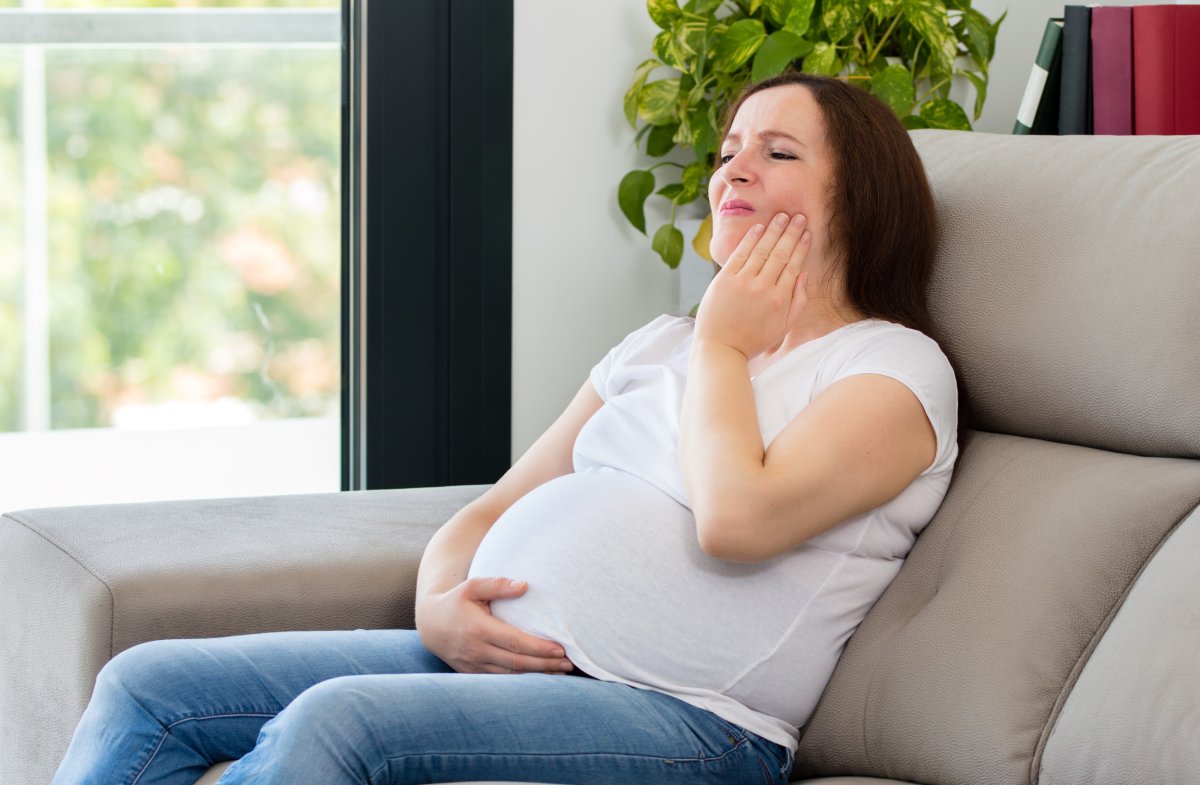For expectant mothers, not looking after their teeth can cause a lot more than just bad breath. New research has shown that mothers with high levels of dental plaque are eight times as likely to pass on microbes that cause tooth decay in their babies.
Candida albicans is a microscopic species of fungus that is often found in our mouths, skin and intestines. At low levels, this fungus poses little threat to its host. But when it grows out of control, it can cause a range of infections, including vaginal yeast infections and thrush, tooth decay, mouth and throat infections and, in rare cases, a serious infection of the blood and other organs called invasive candidiasis.
The prevalence of this fungus depends on several factors, including age, gender, diet, location, immunosuppression and medication use. And, in the mouth, it can also be affected by tooth brushing.
In the mouth, Candida colonization can happen within a few hours of birth. But the extent of the mother's involvement in this fungal transmission has so far been unclear.

To investigate this, researchers from Kuwait University and the New York's University of Rochester collected oral samples from 30 mother-baby pairs during pregnancy and from birth to age 2. From these samples, the team analyzed the genetic sequences of the Candida colonies from the mothers and their babies. And what they found was striking.
"Significantly, 94 percent of mothers and children with oral C. albicans had highly genetically related strains, highlighting a strong maternal influence on children's C. albicans acquisition," the authors write.
And, interestingly, the mother's oral hygiene status, reflected in their dental plaque accumulation, was a significant factor in determining this transmission. By contrast, factors such as delivery method, feeding behaviors and ethnicity did not demonstrate any significant associations.
The full paper can be read in the journal PLOS One.
The team also found that as the children grew older, they began to develop Candida colonies based on their environment, with day care attendance significantly contributing to fungal colonization.
Infants are particularly vulnerable to Candida infections, with 37 percent experiencing oral candidiasis, mostly during the first six months of life. Candida can also promote tooth decay and is often detected in the mouths of children with severe early-childhood caries, a form of tooth decay.
Therefore, the researchers conclude that expectant mothers should be supported and educated on effective oral health care. They also recommend implementing fungal oral screenings during pregnancy to help minimize this fungal transmission.
Is there a health problem that's worrying you? Do you have a question about Candida infections? Let us know via health@newsweek.com. We can ask experts for advice, and your story could be featured in Newsweek.
Uncommon Knowledge
Newsweek is committed to challenging conventional wisdom and finding connections in the search for common ground.
Newsweek is committed to challenging conventional wisdom and finding connections in the search for common ground.
About the writer
Pandora Dewan is a Senior Science Reporter at Newsweek based in London, UK. Her focus is reporting on science, health ... Read more





